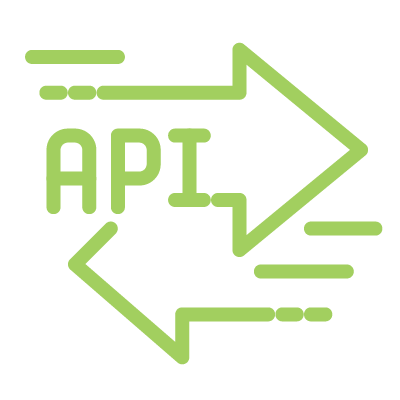

Containerization is a software deployment process that bundles an application's code with all the files and libraries it needs to run on any infrastructure. Master works are experts in this type of virtualization, building light weight software packages that run in containers hosted in cloud or non-cloud environments, which become a cornerstone in your development pipelines and application infrastructure.


Capabilities
Develop long term-vision and tooling that works for you: Moving to containers just for the sake of it can introduce more technical challenges based on the applications and the teams running them. Master works helps your organization establish a clear and long-term vision, that enables your teams to focus on innovation and adopting best practices for the applications, eliminating struggling with tools and technical challenges in near sighted implementation.
Train developers and operations: Containers change the entire software lifecycle and how the related roles operate. With Master works, we train and streamline your operations so that your Developers and operations are upskilled in everything from container registry, configuration, and continuous integration practices to security and monitoring containers and microservices effectively.
Pursue best practices and governance: Master works establishes governance and employs best practices like good base image selection, container hierarchies, dependency version management, package selection minimalism, and others, as it can lead your organization to lower costs in development, testing, and deployment.

Mobile & Web App Development
Master works creates software applications on mobile and web…















